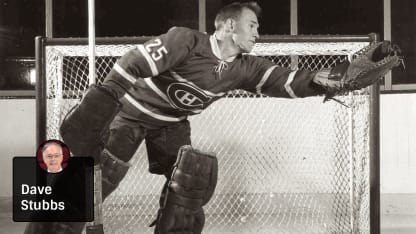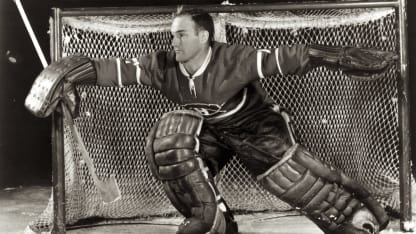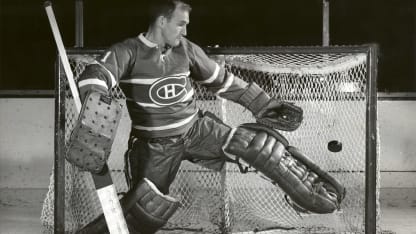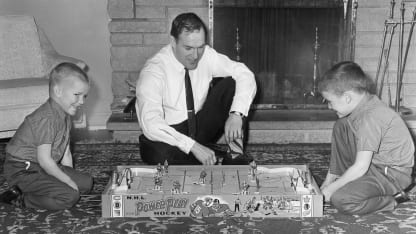With Vachon in the minors, still two months from making his League debut, and Worsley recovering from a surgically repaired knee, Canadiens coach Toe Blake turned to Hodge and Bauman for the 20th NHL All-Star Game on Jan. 18, 1967.
Before a Montreal Forum crowd of 14,284, Hodge made 14 saves in the first period and nine in the third, and Bauman stopped all 10 shots he saw in the second, fending off three All-Star power plays. They combined to help the defending Stanley Cup-champion Canadiens to a 3-0 victory against a stacked team coached by Sid Abel of the Detroit Red Wings.
It would be the first, and still the only, three-period, 60-minute shutout in All-Star Game history, a fact Hodge knew only upon reading the obituary of Bauman, who lost his battle with cancer in 2006.
The pair's historic shutout came in the NHL's first midseason All-Star Game. Before that, the game had been played just before the start of the regular season and was an often highly competitive match between a team of All-Stars and the defending Stanley Cup champion.





















